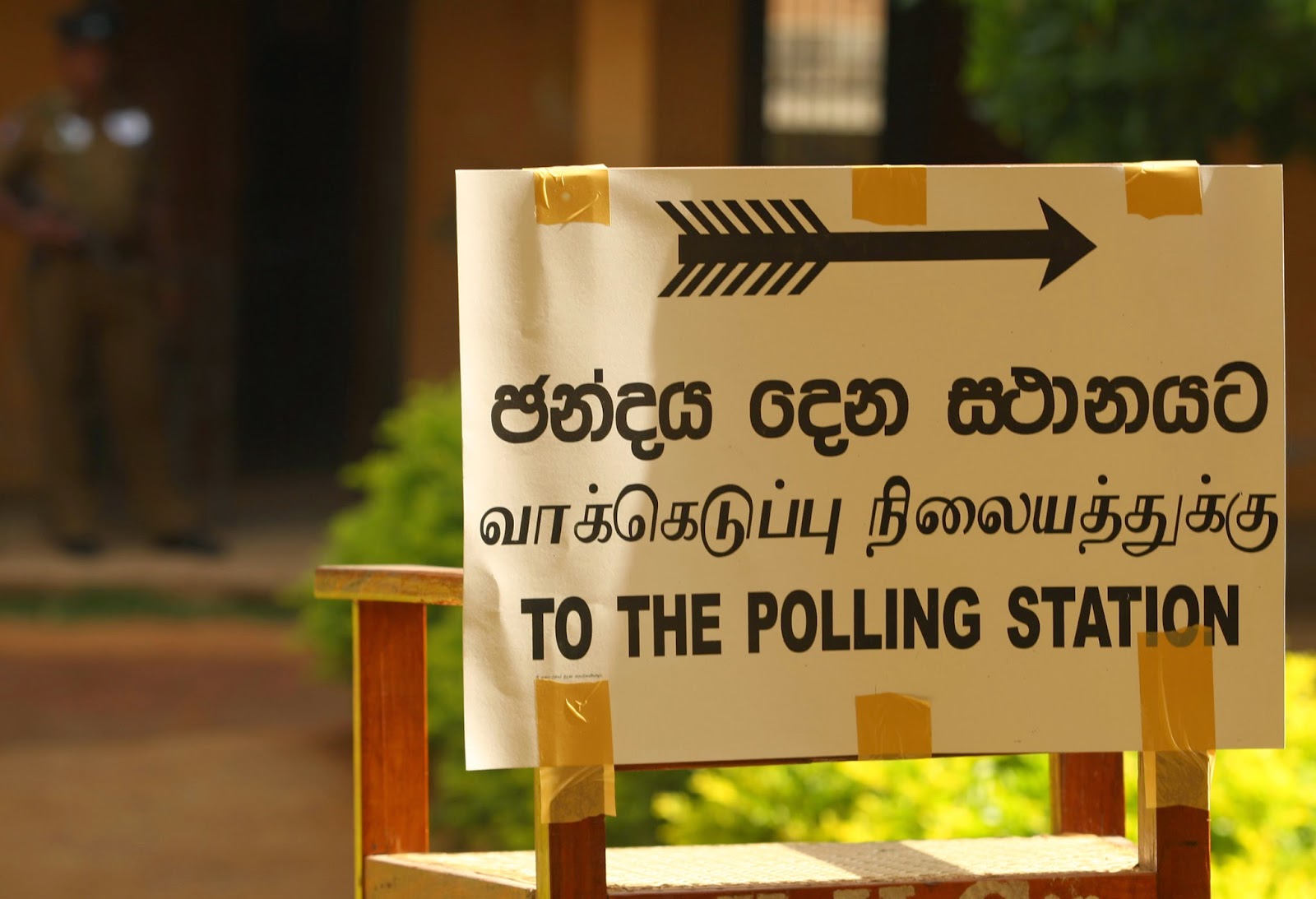Sri Lanka is set to hold its much anticipated local government elections on 6 May 2025, marking a significant return to grassroots democracy after years of delays and legal challenges. Over 17.2 million Sri Lankans are eligible to vote, making this one of the largest electoral exercises in the country’s recent history.
Background and Legal Developments
The 2025 local elections come after a prolonged period of postponement. The original polls, scheduled for 2023, were delayed, prompting widespread criticism and legal action.
In August 2024, the Supreme Court ruled that the government’s delay violated citizens’ voting rights and ordered the Election Commission to proceed without further postponement.
To address the legal complications, Parliament enacted the Local Authorities Elections (Special Provisions) Act No. 01 of 2025. This legislation annulled all previous nominations and called for fresh submissions, ensuring a clean slate for the upcoming vote.
New nominations were accepted in March 2025, paving the way for the May election.
What’s at Stake?
Voters will elect representatives to 339 local authorities, including:
- 28 Municipal Councils
- 36 Urban Councils
- 275 Pradeshiya Sabhas
A total of 8,711 members will be chosen to serve in these bodies, which are responsible for local governance, public services, and community development across Sri Lanka.
Electoral System
Sri Lanka’s local government elections use a mixed system:
60% of members are elected via the first past the post method from electoral wards.
40% are selected through proportional representation from party lists.
Voters cast a single ballot, which counts both for their preferred ward candidate and for their chosen party’s proportional representation tally.
Key Dates and Timeline
- 17–20 March 2025: Nomination period for most local authorities.
- 24–27 March 2025: Additional nomination period for select councils.
- 6 May 2025: Election day.
- 2 June 2025: New terms commence for 339 local government authorities.
Political Context
The local elections follow a period of significant political change in Sri Lanka.
In September 2024, Anura Kumara Dissanayake was elected president, and the National People’s Power party secured a supermajority in the November 2024 parliamentary elections.
The local polls will test the new government’s popularity at the grassroots level and could reshape the political landscape ahead of future national contests.
The 2025 Sri Lankan local government elections represent a critical moment for democratic participation and local governance. With new legal frameworks in place and a robust electoral system, the polls are expected to reinvigorate local councils and give citizens a renewed voice in shaping their communities

Comments
Post a Comment